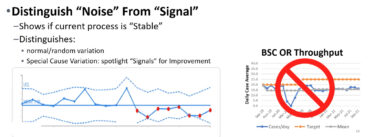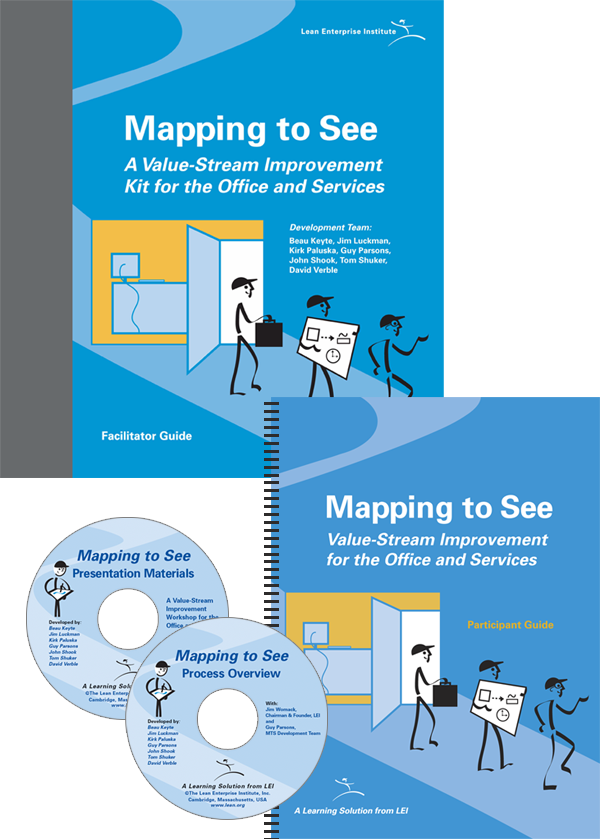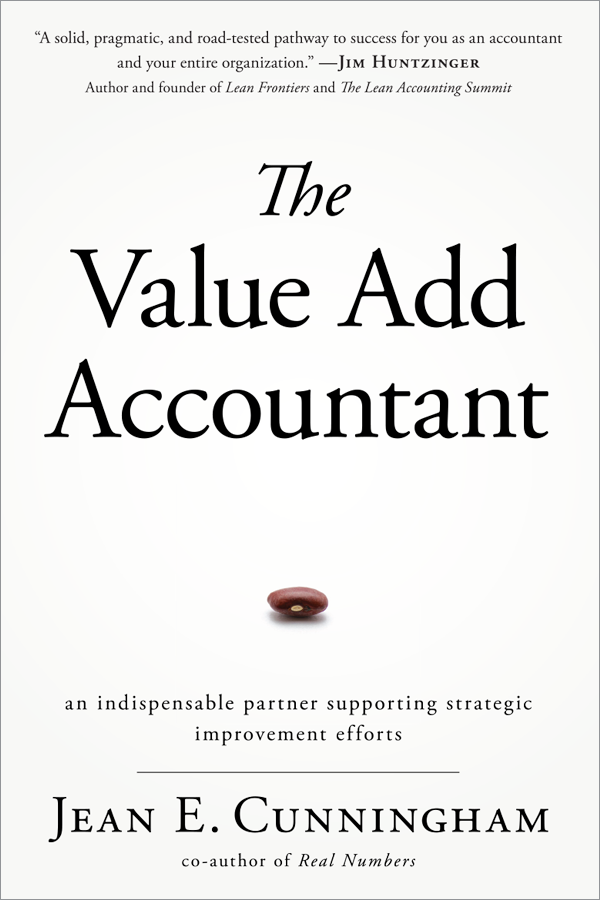Many lean leaders have encountered resistance when trying to engage their finance departments in a lean transformation. The Lean Post recently sat down with Lean Accounting thought leader Jean Cunningham to get her take on this problem.
There seems to be some frustration with Finance in the lean community. Can you explain that?
A big part of the frustration is the standards of the finance profession. There is a common tendency to treat manufacturing costs as an asset, or something of value. And therefore the accounting protocol rewards the company based on how many products they make – the more products, the better. But in lean we don’t see all products as delivering value; for example, lean would count products that the customer doesn’t want as waste. And so there’s a conflict between how Finance looks at manufacturing costs and how lean looks at them. Imagine if the lean department tells the accounting team, “We know you count any kind of work activity as adding value. But it’s better to have a line worker just stand there and do nothing than have him or her make products that are not strictly needed.” Accounting won’t be too happy.
The other part is that finance people are not involved with the rest of their organization enough. They’re often stuck in their offices all day long and that’s where the problems start – because they’re not aware of what’s happening in the organization…and yet they’re the ones doing all the measuring. They don’t observe the work as it happens, they don’t go to the gemba, they aren’t involved in product development. It creates a huge gap between the numbers themselves and what the numbers actually mean from a value perspective. We need to fill that gap.
Why is a relationship between an organization’s lean and finance departments necessary?
There are really two main reasons I see. First of all, the language of business is money – any lean effort in an organization will result in a better financial position for the organization. In that sense we need the language of business to help us identify and evaluate our progress towards our True North. So Finance has to get involved in this effort because they serve as a translator between the natural outcome and the change activity.
The second reason is something I refer to as “accounting for lean.” This means, how can we in accounting help interpret the financial impact of lean efforts? Accounting reporting splits itself in the way that it is structured – that is, the accounting methodology assumes some costs are different than other kinds of costs. So Finance might treat the cost of someone who works in manufacturing differently than they would the cost of somebody working in HR or IT. Or they will treat the cost of purchasing equipment different from the cost of improved-quality materials. However, improvement in all areas can contribute to improved results. I’ve seen a trend where management is convinced that anyone who works outside of manufacturing is somehow less important or less manageable. If Finance takes part in the transformation, they can use lean principles to actualize their organization’s value creation and make things more clear.
So what do we do about it? How can Finance become an actual part of a lean transformation?
For Finance to join the lean journey, they first need to simplify the transactional work they’re doing right now. Following the principles of Lean Accounting, that means reducing the amount of time and effort it takes to run payroll or close the books, reduce the number of steps needed to pay a bill, etc. As we cut back the time and effort it takes to do the task, we can free up enough capacity for a better understanding of what’s happening within the rest of the organization. With the newly freed-up capacity, they’ll have time to take part in the continuous improvement activities on a cross-functional basis, and through that they’ll see a continuous improvement culture begin to form within the finance department.





